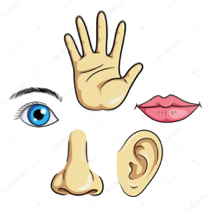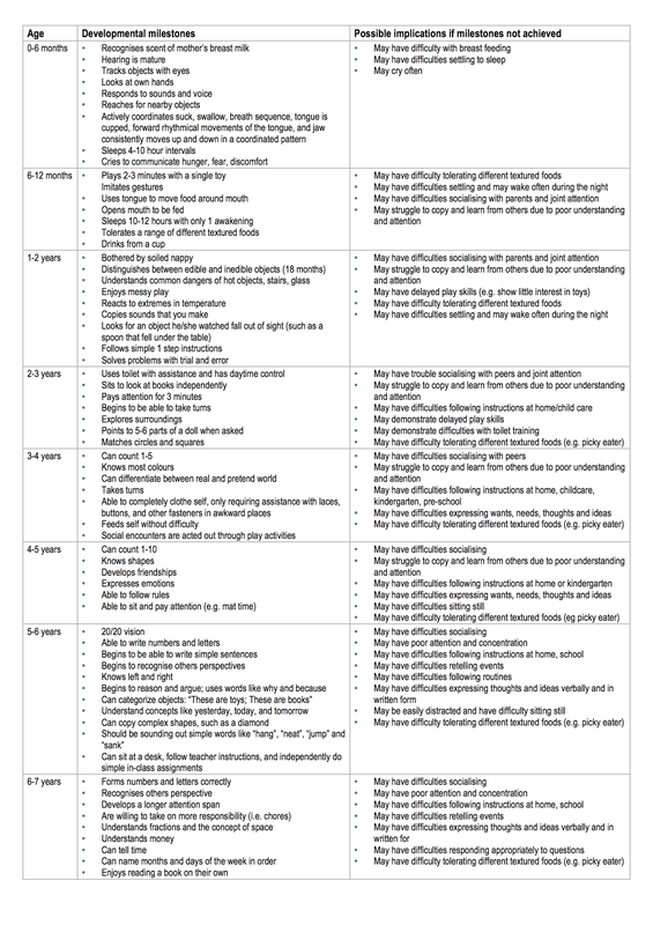 Making Sense of our Senses To understand our environment we receive information through our senses, our brains process the information, and respond, helping us do our everyday activities. Most of us are familiar with the five senses – sight, hearing, smell, taste, and touch. However, there are two other senses we use:
We all experience sensation in our own unique way, some of us may overreact while others underreact to sensory input. Someone may find a certain smell nauseating while others don’t even notice it or they may find a fabric irritating on their skin while others don’t. People who overreact to sensory input will tend to avoid the sensory experiences. A person who underreacts will often seeksensory experiences, eg loud music or rollercoster rides. Children with autism or learning disabilities often have issues receiving, processing or appropriately responding to one or more of their senses, making it hard to function in everyday life. Our ability to use this information matures over childhood in an orderly and predictable manner. There may be some variation in the speed with which children acquire each milestone. If milestones are not reached there may be implications for the child’s health, wellbeing, learning and understanding of the world around them. The chart below has some developmental milestones and the behaviours, which may result if the milestones are not acquired. If you have a child who has not yet mastered the milestone at their current age, contact our friendly Occupational Therapists. 5Chart designed by Australian Curriculum, Assessment and Reporting Authority.
This chart was designed to serve as a functional screening of developmental skills per age group. It does not constitute an assessment nor reflect strictly standardised research. If a child is found to have trouble with sensory input there are things we can do to help, just contact us: Phone: 03 3775280 or email: [email protected] Comments are closed.
|
AuthorShonagh O'Hagan Archives
July 2024
|


 RSS Feed
RSS Feed